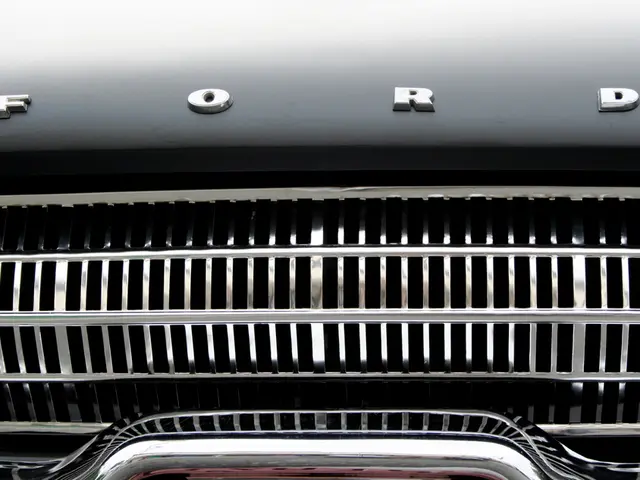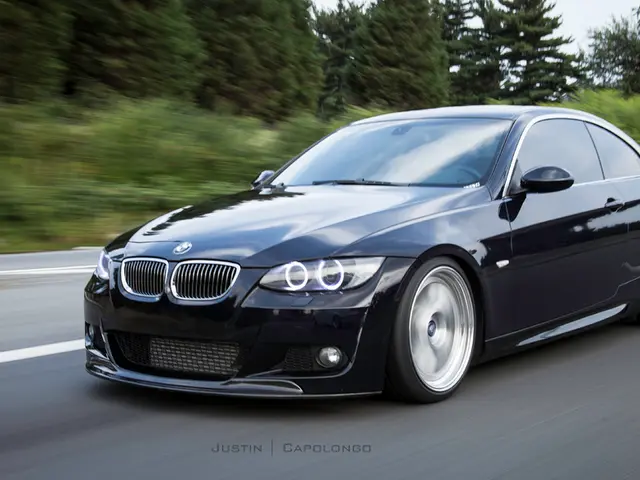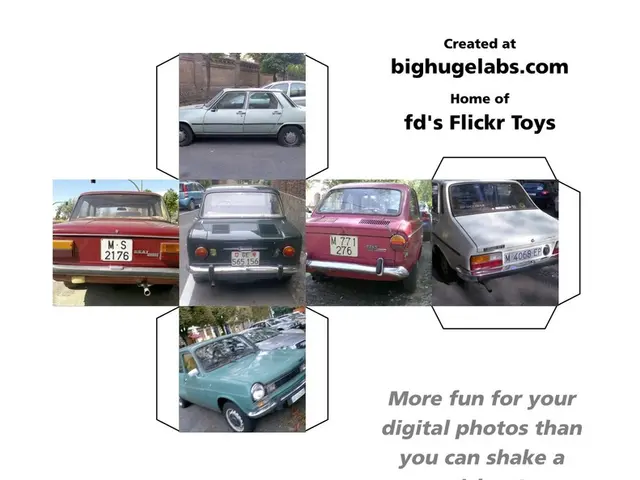Nuremberg Drivers Embrace Electric Cars and Hybrids for Urban Mobility
The automotive landscape is shifting, with traditional internal combustion engines losing ground to alternative drives. This change brings benefits and challenges for drivers, particularly in urban areas like Nuremberg.
For Nuremberg drivers with short daily trips or city commutes, pure electric cars offer the most local emission-free driving. Convenient charging at home or work further enhances this advantage. Hybrid drivers enjoy flexibility for longer trips, as plug-in hybrids combine electric city driving with combustion engine range. Thus, urban drivers with charging access prefer electric vehicles for environmental and convenience reasons, while frequent long-distance drivers benefit more from hybrids due to their extended range and flexibility.
Hybrids save fuel in city traffic but still emit CO2 on longer distances, making them a good transition but less consistent than pure electric cars in the long run. Hybrids alleviate range anxiety, as the internal combustion engine kicks in when the battery is empty, enabling long-distance trips without charging stations. Electric cars, however, provide immediate torque, dynamic driving, and silent gliding, while hybrids offer a balanced, less spectacular experience.
Electric cars and hybrids are driving this transformation, promising greener mobility. In Nuremberg, public charging points are growing, but private charging remains crucial. While electric cars eliminate many running costs over time, their higher acquisition costs persist. Modern electric cars have ranges of 300 to 600 kilometers per charge, but range anxiety lingers on long-distance trips. Electric cars improve city air quality locally, but the power mix for charging impacts the environmental balance. Hybrids, not dependent on charging, can be refueled at gas stations, benefiting those without private charging options.
Read also:
- Hyundai accelerates production plans: Introducing 7 new N models, aiming for a sales figure of 100,000 units by 2030.
- Yasa, an electric car engine producer, plans to broaden its operations.
- Week 39/24 Highlights: Tesla CEO's visit, Robo-taxi buzz, Full Self-Driving study, Affordable electric cars, and European pricing less than €30,000
- Importance of Battery Management Systems: Overseeing and Optimizing Energy Storage Functionality








